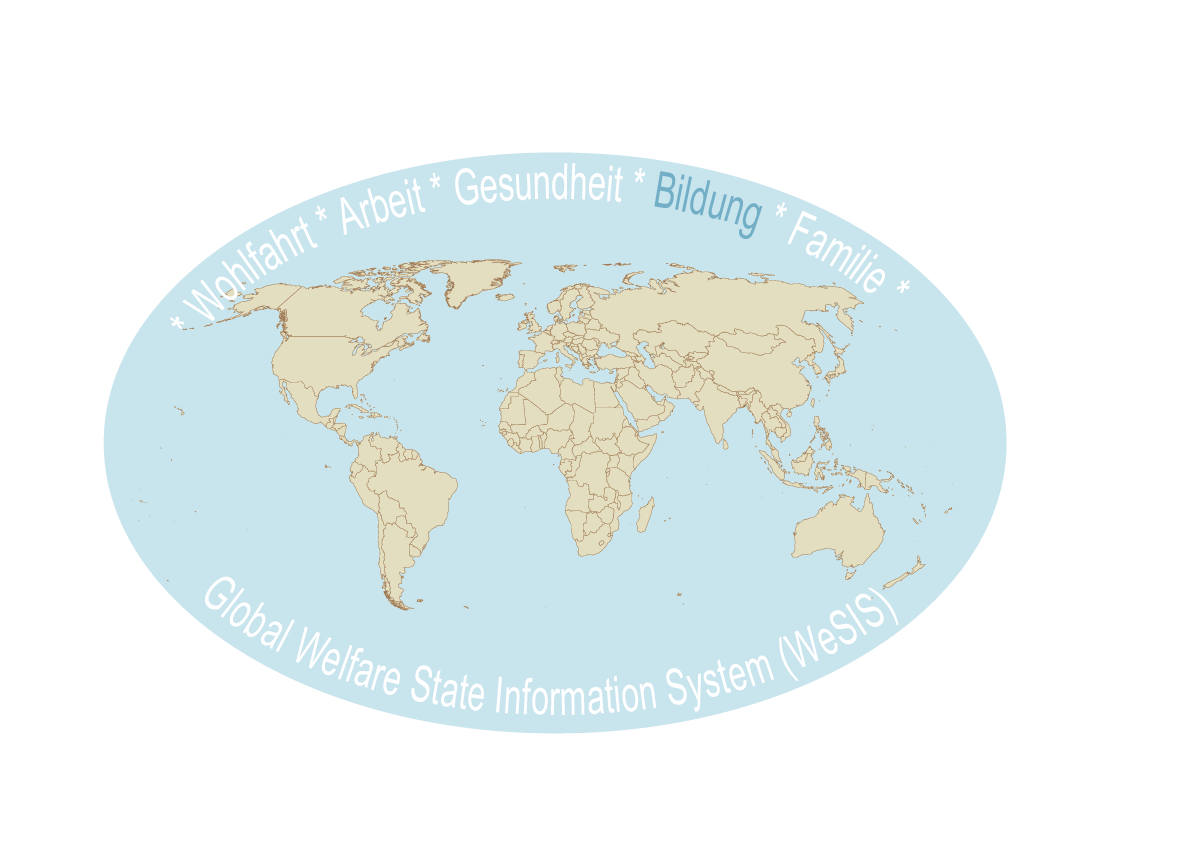Project A05 (2018-2021)
The Global Development, Diffusion and Transformation of Education Systems
 In modern welfare states school and pre-school education are central instruments of preventive social policy and are regarded a prerequisite for exercising social rights. Moreover, state education plays an important role in the communication and reproduction of cultural traditions. In this project we identify the developmental trajectories and patterns of education systems and investigate the causes of change in a global and historical perspective. We argue that the emergence and development of education systems can be explained by national factors and the diffusion of international ideas. The empirical analysis proceeds in three steps:
In modern welfare states school and pre-school education are central instruments of preventive social policy and are regarded a prerequisite for exercising social rights. Moreover, state education plays an important role in the communication and reproduction of cultural traditions. In this project we identify the developmental trajectories and patterns of education systems and investigate the causes of change in a global and historical perspective. We argue that the emergence and development of education systems can be explained by national factors and the diffusion of international ideas. The empirical analysis proceeds in three steps:
First, we examine the worldwide diffusion of state-run education systems and their transformation since their inception by collecting event and network data (e.g. the introduction of state regulations on compulsory education, state financing of the education system) for as many countries as possible.
Second, we trace the extent of vertical links with international organisations active in the field of education. International organisations develop and disseminate educational models and standards, which they propagate not only to their member countries. Qualitative document analyses and expert interviews are used to examine the guiding principles propagated by international organisations.
Third, we use historical macro data to identify the national and international factors that are decisive for the introduction and change of education policies. In addition to a country's membership of regional or cultural subnetworks, it is assumed that state-internal demands on education policy originating from other subsystems or policy fields are also significant for both the development and the transformation of educational statehood.
The aim of the project is a comprehensive description and explanation of the emergence, diffusion and change dynamics of state education systems. For the empirical analysis we compile a global data set of historical-comparative educational data. Whether the global diffusion of western-rational educational content and organisational forms expected by neo-institutionalist theory does actually occur or whether continental, culturally specific developmental paths predominate will be empirically examined. In the second phase we will add the development and transformation of vocational education to our analyses.













